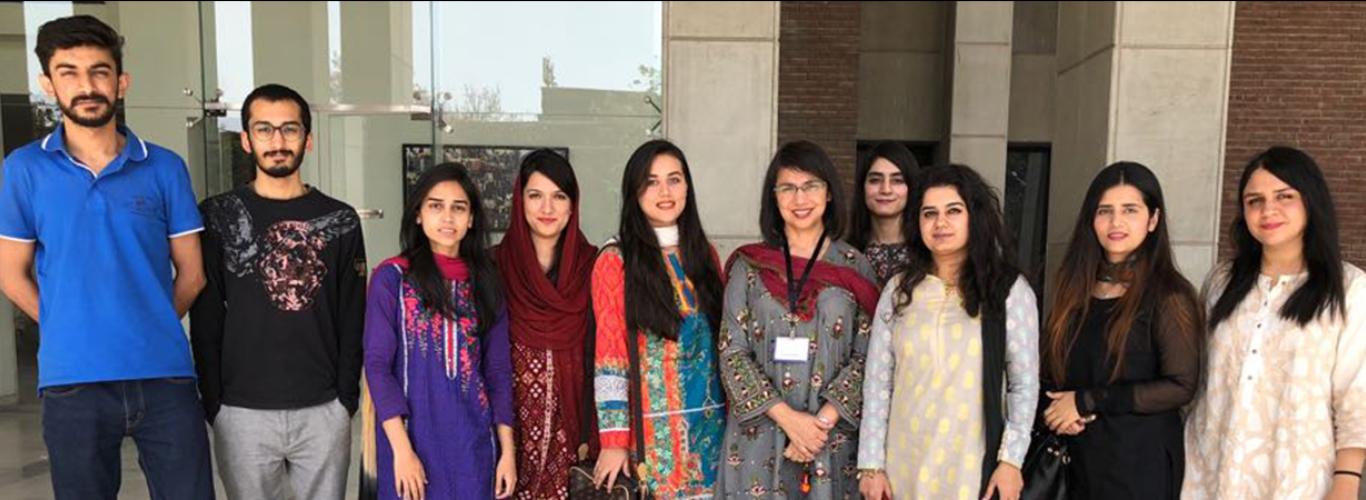Research Team from SBASSE Wins World Bank Research Grant to Study COVID-19
The recent pandemic has affected millions of lives globally and hundreds of thousands in Pakistan. Scientists, health workers, governments and organisations all around the world are using all the resources at their disposal to address the multilayered impact of COVID-19. Joining in this effort are researchers from LUMS.
Dr. Shaper Mirza, Associate Professor, School of Science and Engineering, and her team have recently been awarded PKR 12 million as a Rapid Research Grant by The World Bank and the Higher Education Commission, Pakistan, to conduct a study and dig out epidemiological patterns through immune profiling to observe how the human body responds to the COVID-19 infection. “I opted for major immune profiling because that’s my niche. I decided to go a little deeper into the immune responses and look into the cells and the pathways in particular, and how they are modulated by the presence of this virus,” explains Dr. Mirza.
As Dr. Mirza and her team analyse samples from all over the country, researchers will be able to better understand why there is a spectrum of reactions to the virus; from some people showing no symptoms at all, to symptoms being fatal for others. The research can then inform future policy decisions as well. “Once we identify the genotypes, we might be able to tell if a certain type of genotype from our population is also more susceptible to other viral infections. Then we can develop a policy that caters to different population groups differently. We also have lots of different ethnic backgrounds, so we can look at it in association with their ethnicities and their geographical location too.”
Another important aspect of Dr. Mirza’s study is working towards the development of a biobank, which can prove to be an important resource for the country with regards to dealing with not only COVID-19, but other infectious diseases. “We come across infections every year, and there is no way to go back to an infection that has happened a year before. But if we have a biobank, an immunological profile of that particular infection, and if we have sequenced some of the viral genes, we can put the whole story together. This way we might be able to respond to the next epidemic or pandemic better than we have previously.”
Dr. Mirza’s team is based in three different countries; Pakistan, USA and England. Their diverse expertise, she says, is an asset. “If I was reviewing this grant, I would say it’s an ambitious grant. It has to be, because we’re starting from scratch, and whenever you are starting from scratch you need to have people who are from lots of different disciplines. We have people from a computational background, we have people from a statistical background, we have hardcore immunologists, and we have geneticists. Each one of them is going to bring their own perspective, and they’re going to probe this data according to their expertise, which is actually going to add to my answers and the research I am trying to do.”
Dr. Mirza believes that the novelty and impact of the virus calls for everyone to contribute to the research to tackle this pandemic, both locally and internationally. “It’s a global issue and a lot of different countries and a lot of different systems are now rethinking their strategies and I hope Pakistan is doing the same. I think each one of us should do their duty and being an immunologist, it seems like there is a lot to do in terms of immunology in this scenario. Maybe not tomorrow, but in a year or two, I might be able to land on something that could be incorporated in to our policy.”























